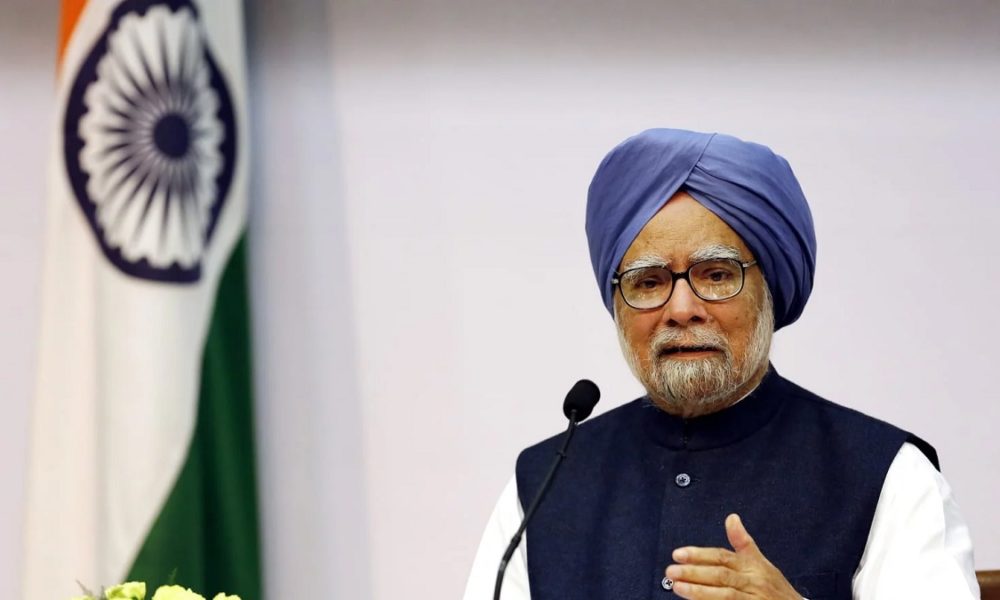Myster y surrounding the death of Lalit Narain Mishra, who died in a bomb blast on the platform of the Samastipur railway station on 2 January 1974, remains unsolved to this day. As Railway minister, he was in Samastipur to inaugurate the upgraded broad-gauge SamastipurDarbhanga railway line.
A bomb placed on the podium injured him; he was rushed by train to Patna for treatment. In those days, North Bihar was sparsely connected with South Bihar—though Samastipur is 85 km from Patna. The special train carrying him, traversing through Mokamah Bridge reached Patna the next day—he died before surgeons could treat him.
A spate of theories on his death emanated—the eminent jurist V.M.Tarkunde headed one of the inquisitions. The conundrum was never fathomed. A student leader of Patna during the Freedom Struggle who rose to a Union Cabinet minister, Mishra was credited with many firsts. During his tenure as Foreign Trade minister (he was a minister of state in Commerce ministry tasked with promoting foreign trade) Leechi, which is a seasonal, highly perishable, fruit began to be canned and even exported. Connoisseurs who relish “Leechi with ice cream” as desert in many Chinese restaurants owe the dish to the initiative of Mishra, who wanted to promote this horticultural pride of his native Bihar as well as create food processing industry in the state. Canned Leechi made its debut at an international trade fair in Canada in 1972.
As railway minister, he improved the lower class travel facilities—cushioned bunks were introduced, replacing wooden planks in sleeper class. A food packet priced at just one rupee was also launched by railway catering. To promote Bihar’s art form, Janata Trains from Bihar had Madhubani paintings as interiors. As a young parliamentarian (he was elected to Lok Sabha in 1952,1957), he played a part in flood control projects in the Kosi region—Jawaharlal Nehru noticed his work and inducted him as a Parliamentary Secretary. Later, he became a deputy minister, was promoted as a minister of state and later inducted as a cabinet minister in 1971. He served in Home, defence and commerce ministries.
He was reputed to be a “fund collector”—legends accompanied by controversies on this front were part of Lutyens Delhi’s grapevine. His role in bringing the Left parties close to Indira Gandhi after the 1969 split rendered her sans a parliamentary majority (Left supported and rescued her in Lok Sabha with its numbers) and his role in managing electoral adjustments with Left in 1971 saw him emerge a close confidant of PM Indira Gandhi, who inducted him as Railway Minister. His tenure saw militant trade unionism in the Railways—a month before his death, in December 1973, locomotive drivers went on a nationwide strike. Territorial Army contingents and even regular Army resources had to be harnessed to keep trains running.
The seeds of the 1974 railway strike—the last all-India movement of significance in the annals of India’s trade union movement ( which failed miserably) had been sown during his tenure, though the strike, led by George Fernandes, as head of All-India Coordination Committee of Railwaymen’s’ Struggle (AICCRS) took place after his death, between 8 and 27 May 1974. The months following his death also saw Gujarat’s Navnirman Movement spread among the youth of Bihar and the emergence of the JP Movement, which was a game changer in the nation’s politics. In his tome, ”Portraits of Power: half-a-century of being at ringside”, bureaucrat-politician (Chairman of 15th Finance Commission) , N.K.Singh, recalls how a 39-year-old Cambridge educated “distinguished Sardar economist” got inducted into the portals of the behemoth called the Government of India. N.K.Singh served as special assistant to L.N.Mishra in commerce (foreign trade) department.
Recalling how “ accidental events alter fortunes”, Singh writes, “In 1971, during one of my visits with Mishra to the G77 summit in Lima, Peru, Mishra wanted to redo his speech. For this he took the advice of LK (Jha), our Ambassador to the US, during our two-day break in New York. LK made valuable changes in the speech. Mishra also asked him who could make further improvements in the speech. Thereupon, LK referred the name of one Dr Manmohan Singh, who at that time, was working in the United Nations Development Programme (UNDP) Secretariat. For this purpose I met Dr Singh in New York for the first time.
Undoubtedly, he made significant changes in the minister’s speech, which were greatly appreciated. When we returned to Delhi, we learnt that the then economic advisor, Kalyan Govind Vaidya, had accepted an assignment with IMF. Thus the post (in Commerce ministry) had fallen vacant. Mishra called me to ascertain the name of that distinguished Sardar economist in New York. I informed him that it was Dr Singh.
Mishra promptly jumped up and gave a call to (P.N.) Haksar, principal secretary to the PM and told him how keen he was to have Dr Singh as the ministry’s economic advisor. Haksar was brusque and told him that P.N.Dhar, an eminent economist who was serving as secretary in PM’s office, should be consulted. Dhar greatly liked the idea and Dr Singh was thus appointed after full compliance of established procedures.” Lalit Narain Mishra was responsible not only for the induction of Dr Manmohan Singh but many more young MPs in 1971 who rose to be Union Cabinet ministers—one of them was a part-time journalist covering the AICC beat.
He was assigned by his proprietor to lobby for a Lok Sabha ticket for the newspaper tycoon. When the young scribe approached Mishra, the minister said that if he were to help, then why should not the journalist, who came from a traditional family of Congressmen, be considered. The journo hesitated, stating that it may be difficult for him to find the resources to contest –pat came the reply: if the ticket is given to you resources shall accompany. This MP served five terms—he had a role in exposing the Bofors scam—he had picked up the initial information in Geneva during a visit where his former fellow-scribe, Chitra Subramaniam, who broke the story, alerted him to the scam and gave him some leads. Accidental events indeed alter fortunes.







